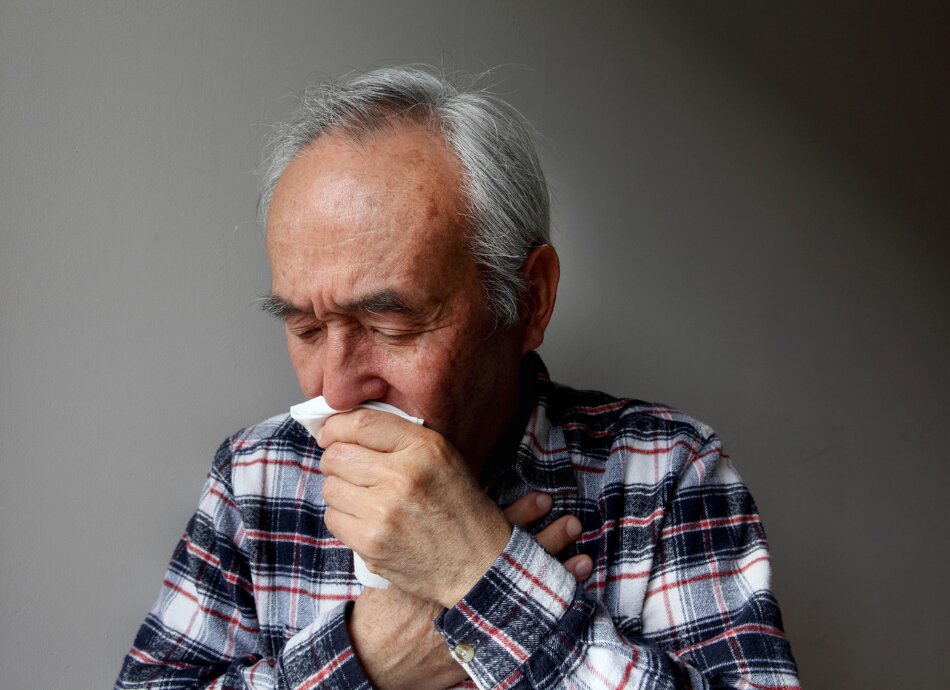COVID-19 is an illness that can affect your lungs and airways. It’s caused by a type of coronavirus.
Coronaviruses are a large family of viruses that cause illness ranging from the common cold to more severe diseases.
A novel coronavirus is a new strain that has not been previously identified in humans. The novel coronavirus now known as COVID-19 was first encountered in Wuhan, China, in December 2019. It has since spread to many other countries around the globe and is now recognised as a pandemic.
It is called COVID-19 because it was first identified in 2019. There is no COVID-1 to COVID-18. It's known in te reo Māori as mate korona or Kowheori-19.
Video: What is COVID-19 with Nanogirl
(Dr Michelle Dickinson, NZ, 2020)
What are the symptoms of COVID-19?
The symptoms or tohu mate of COVID-19 are similar to common illnesses such as a cold or flu. You may have one or more of the following:
Common symptoms
- a new or worsening cough (mare tauraki)
- fever (at least 38˚C) (kirikā)
- shortness of breath (hēmanawa)
- a sore throat (korokoro mamae)
- sneezing and runny nose
- temporary loss of smell.
Shortness of breath is a sign of possible pneumonia and requires immediate medical attention.
Less common symptoms
Some people may have less typical symptoms such as only:
- fever
- diarrhoea (runny poos)
- headache, myalgia (muscle pain)
- nausea/vomiting (feeling or being sick)
- confusion/irritability.
Note that the less common symptoms are more common with the new variants.
If you have any of these symptoms, contact your doctor, Healthline 0800 611 116 or your iwi health provider. These symptoms do not necessarily mean you have COVID-19. Difficulty breathing is a sign of possible pneumonia and requires immediate medical attention.
Symptoms can take up to 14 days to show after you have been infected. The virus can be passed onto others before they know they have it – from up to 2 days before symptoms develop.
For most people, COVID-19 infection will cause mild to moderate illness. However, it can make some people very ill. Older people and those with pre-existing medical conditions (such as cardiovascular disease, chronic respiratory disease or diabetes) are at highest risk of severe disease.
How is COVID-19 spread?
COVID-19, like the flu, is spread by droplets. This means that when an infected person coughs, sneezes or talks, they may spread droplets containing the virus a short distance.
That’s why it’s important to use good hand hygiene, practice physical distancing if you don’t know someone and stay home if you’re unwell. This includes regularly washing and drying your hands and coughing or sneezing into a disposable tissue or into your elbow.
What can I do to avoid catching and spreading COVID-19?
As with other respiratory infections, such as a cold or the flu, there are some simple steps you can take to reduce the risk of infection:
- regularly wash your hands (for at least 20 seconds with water and soap) and dry thoroughly
- cough or sneeze into your elbow or by covering your mouth and nose with tissues
- put used tissues in the bin or a bag immediately
- wear a face covering – you should wear one whenever you can. COVID-19 spreads by droplets, so face coverings are a way we can protect ourselves and others
- try to avoid close contact with people who are unwell
- avoid close contact with anyone with cold or flu-like symptoms
- don’t touch your eyes, nose or mouth if your hands are not clean
- clean and disinfect frequently touched surfaces and objects, such as doorknobs.






